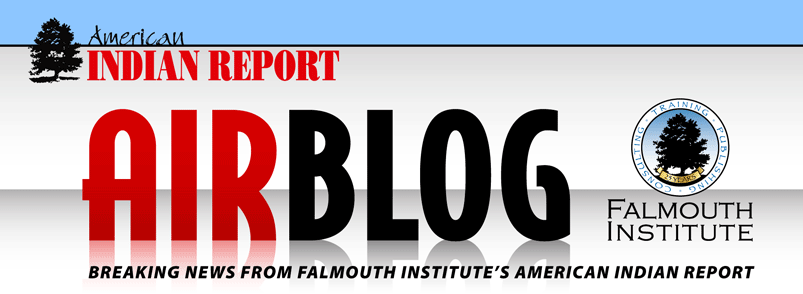Town leaders and residents of Rancho Sahuarita, Ariz., are writing letters to Congress and signing petitions in opposition of a proposed prison on
Tohono O'odham lands, according to a story published today in the
Arizona Republic. Plans for a boycott and protest this weekend at the tribe’s casino are also underway.
The prison, called the San Xavier Regional Detention Center, would be developed and operated by private companies. It would be built on 48-acre parcel located between the Santa Cruz River and Old Nogales Highway, at the eastern edge of the Tohono O'odham’s 2.7 million-acre reservation. The $50 million facility would house 750 federal, state and local inmates.
As reported by the Republic, Texas-based Innovative Government Strategies is leading the project, and Municipal Capital Markets Group, Inc., is financing it. Community Education Centers, a New Jersey company, would operate the prison under a 30-year lease.
While tribal leaders see the prison as a source of jobs and revenue, people living in Rancho Sahuarita, the nearest community to the site, do not want criminals in their backyard and want the site changed.
The Bureau of Indian Affairs must decide on any tribal lease deal, the Republic reported, and plans must comply with the National Environmental Policy Act. The BIA has extended a public comment period on the environmental assessment until June 1.


